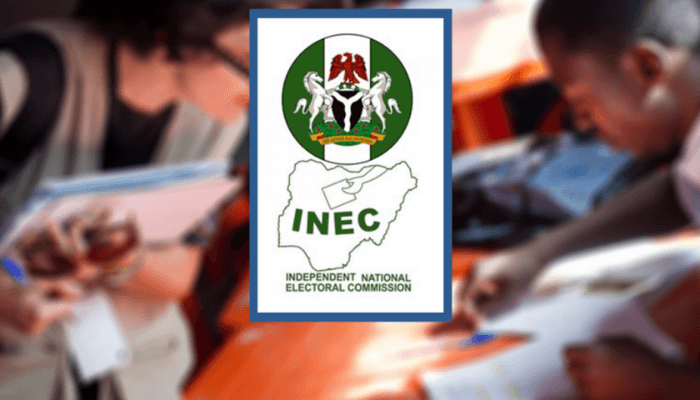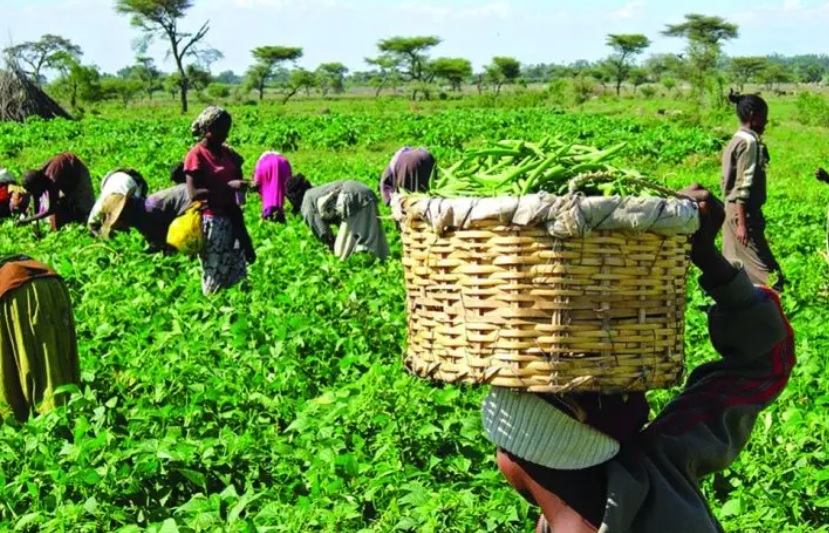The Chairman of the Ondo State Independent Electoral Commission, ODIEC, Joseph Aremo, has expressed dissatisfaction with the low turnout of voters during Saturday’s local government election in the state.
While describing the voter turnout as unencouraging, Aremo urged political parties to sensitise the people more ahead of future elections.
The ODIEC Chairman, who stated this after monitoring the electoral process in Akure South, Akure North, and Ifedore local government areas of the state, disclosed that the commission was proactive in the buildup to the poll.
According to him, ODIEC did everything possible to ensure the prompt and early deployment of both sensitive and non-sensitive materials.
Aremo stressed that despite the efforts by the commission to avoid hiccups during the election, the turnout was still unencouraging.
Meanwhile, the Commissioner of Police in the state, Wilfred Afolabi, who monitored the exercise within the Akure metropolis, commended the people of the state for their peaceful conduct.









